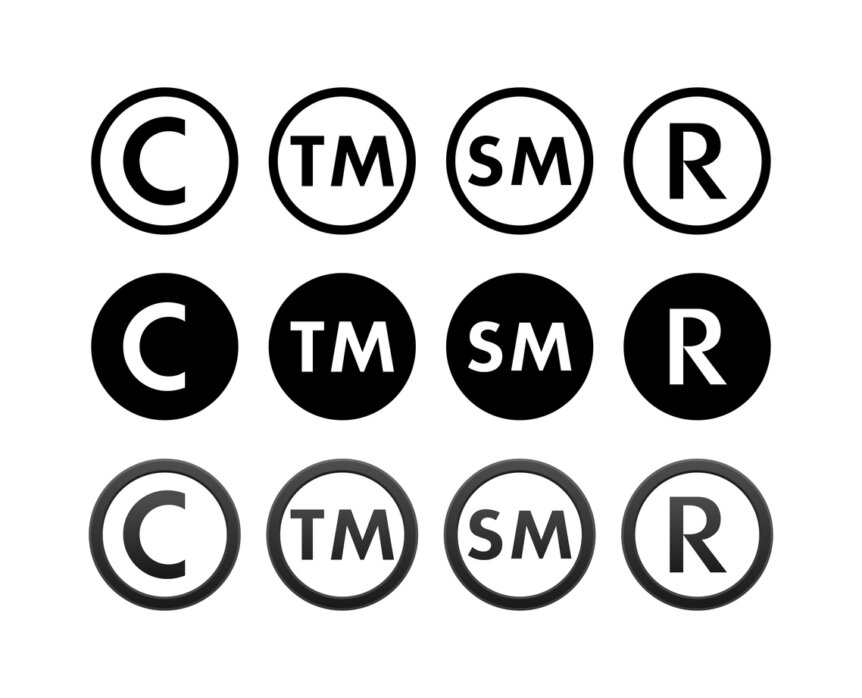If you’re launching a new business, product line, or creative venture, one of the first things you’ll likely think about is the name—your brand identity. But before you start using a name, logo, or slogan publicly, it’s essential to ask: Should I conduct a trademark search first? The short answer is yes. A trademark search is one of the most …
Ask Sam: How Long Does a Trademark Last?
When building a brand, securing a trademark is a critical step, but understanding how long that protection lasts is just as important. Unlike patents or copyrights, trademarks can potentially last forever. However, that protection isn’t automatic or permanent. To keep a trademark active, owners must follow specific legal steps and continue using the mark in commerce. The Basics: Federal Trademark …
Ask Sam: Can I Trademark a Catchphrase?
Have a catchy phrase that you want to protect? Whether you’re a small business owner, food producer, or ag entrepreneur, you might be wondering: Can I trademark a catchphrase? The short answer is yes, as long as it meets certain criteria. Here’s what you need to know if you want to legally protect your catchphrase and use it as a …
Ask Sam: What Should I Do if I Receive an Office Action from the US Patent and Trademark Office?
If you have applied to register your trademark with the United States Patent and Trademark Office (“USPTO”), you may receive something called an “Office Action.” While it can feel discouraging to get one, an Office Action is not a rejection. It is a request for clarification or correction that gives you the opportunity to respond and keep your application moving …
Ask Sam: Why Should I Trademark My Business Name?
When you’ve poured your time, energy, and creativity into building a business, your name becomes one of your most valuable assets. It represents your brand, your reputation, and everything you’ve worked hard to create. But have you taken the legal steps to protect it? Registering a trademark for your business name isn’t just a formality, it’s a strategic move that …
Ask Sam: Can You Register a Cattle Brand as a Trademark?
In the livestock industry, a cattle brand is more than just a mark, it’s a symbol of heritage, reputation, and the identity of a ranching operation. Traditionally used to identify ownership of livestock, cattle brands can also serve a broader purpose in the modern marketplace. If your cattle brand is being used not just to mark livestock but to promote …
Ask Sam: What Agency Handles the Review of Trademark Applications?
If you’re thinking about protecting your brand name, logo, slogan, or other distinctive mark, you’re likely considering a federal trademark. But once you file an application, who actually reviews it? The answer: The United States Patent and Trademark Office (“USPTO”). What is the USPTO? The USPTO is a federal agency within the U.S. Department of Commerce. It’s responsible for granting …
Ask Sam: What is Trade Dress?
When we think about protecting a brand, trademarks like names, logos, and slogans often come to mind. But there’s another powerful and often overlooked form of intellectual property: trade dress. So, what exactly is trade dress, and why should businesses care about it? Trade Dress Defined Trade dress refers to the visual appearance of a product or its packaging that …
Ask Sam: What is the USPTO?
If you’re a business owner, entrepreneur, or creative professional, you’ve likely come across the term “USPTO.” But what exactly is it, and why is it important for protecting your brand and intellectual property? The United States Patent and Trademark Office (“USPTO”) is a federal agency within the U.S. Department of Commerce responsible for granting patents and registering trademarks. Its primary …
Ask Sam: How Do I Choose a Strong Trademark?
Whether you’re launching a new business, product, or service — or looking to strengthen the protection of an existing one — choosing the right trademark is one of the most important decisions you’ll make. A trademark is more than just a name or logo; it’s the face of your brand, a legal asset, and a powerful tool to set you …
Ask Sam: What is the Difference Between the ™, ℠, ®, and © Symbols?
If you’ve ever looked closely at brand names, logos, or creative works, you’ve likely seen the symbols TM (™), SM (℠), Registered Trademark (®), and Copyright (©). While they all relate to intellectual property protection, they serve different legal purposes. Understanding these symbols can help businesses and creators protect their brands and works effectively. The Trademark (™) Symbol The TM …
Ask Sam: What is the Difference Between a Trademark and a Service Mark?
When building a business, protecting your brand identity is essential. Two key legal tools for this protection are trademarks and service marks. While both serve to protect the uniqueness of your brand, they apply to different aspects of commerce. Understanding the distinction between the two can help you properly protect your intellectual property and avoid potential legal issues. Trademarks (TM) …












